Lemons are often displayed as a bright and beautiful pop of color in many home kitchen displays. They lend a lovely scent to the air and an aesthetic sense of freshness to any setting. Therefore, it would be easy to assume that lemons are best left at room temperature.
- Don't Miss: Your Fridge: You're Using It Wrong
Nope. Turns out we've all been doing it wrong. Lemons in fruit baskets are not meant to be, and will lead to wasted money on shriveled or rotten fruit.
Lemons Like It Cold, Baby
When lemons are left in room temperature settings, they grow tough in approximately a week. This occurs due to a loss of moisture, or desiccation. The color dulls, the lemon shrinks, and the outer rind becomes hard.
America's Test Kitchen wanted to find a way to preserve lemons past this week-long expiration date, so they conducted a test: with lemons at room temperature as a control, they tried storing lemons in the fridge in three different ways. The first group were stored in a crisper, the second group were stored in a sealed plastic bag, and the third were sealed in a bag with water added.
After the first week, it was very obvious that the refrigerated lemons were doing much better than the lemons left at room temperature—which, as mentioned earlier, had become desiccated and tough.
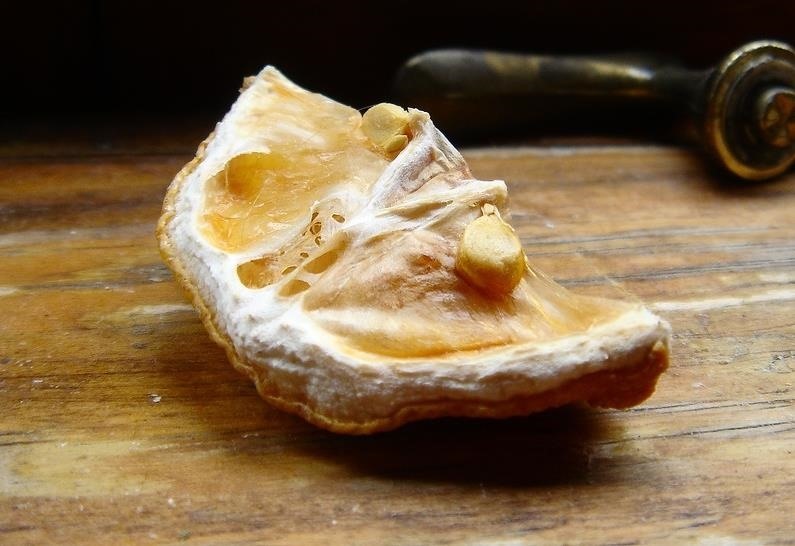
Lemons Love Moisture
Okay, so we know that lemons are better off in the fridge. Now we need to discern whether sealing them in a plastic bag will create any additional benefits for the lemons.
Well, it turns out that storing lemons in a plastic bag was a vast improvement over simply placing them in the fridge: the two samples that were placed in sealed bags lasted four weeks before showing any sign of dehydration—whereas the lemons placed in the fridge with no bag started dehydrating significantly after two weeks.
The differences between the bag that had additional water and the bag that had none were not significant, so it can be assumed that adding water to a bag of lemons is unnecessary in keeping them moist for longer.

Why Does This Work?
Lemon rinds are very porous; these large pores allow moisture to escape from the fruit itself and dry it out. When lemons are placed in the fridge, their evaporating moisture is trapped by the air-tight seal.
However, the best way to keep a lemon nice and juicy is to trap its moisture close to its surface—and this is achieved by a sealed plastic bag in the fridge. Any moisture that does leave the individual fruit as water vapor is trapped in the bag itself, keeping the humidity level higher than it would be if kept unsealed in the fridge alone.
So, When Life Gives You Lemons...
Store them in a sealed plastic bag in the fridge to ensure freshness for up to four weeks. Or, you know, make lemonade. You could also try making preserved lemons, or using them in other clever ways.
Maybe you'd like to learn what else you're doing wrong, too? Your freezer is a good place to start. If you're more interested in keeping other fruits fresher for longer, we've got a guide you'll find interesting. To optimize the fruit you work with at home before even storing it, use this helpful article that shows you how to pick ripe fruit every time.
Just updated your iPhone? You'll find new emoji, enhanced security, podcast transcripts, Apple Cash virtual numbers, and other useful features. There are even new additions hidden within Safari. Find out what's new and changed on your iPhone with the iOS 17.4 update.
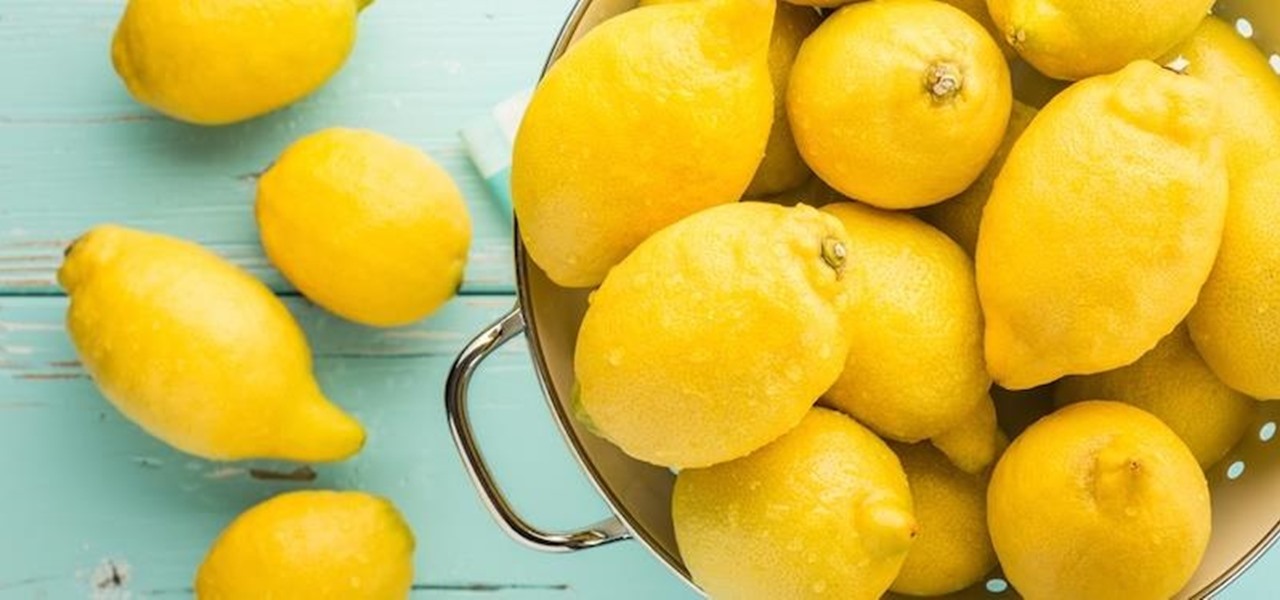



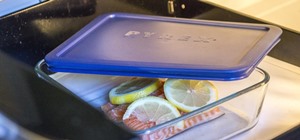


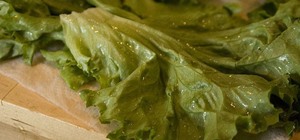




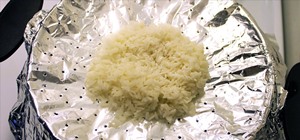

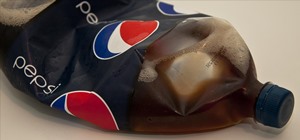


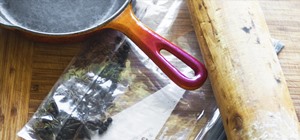





2 Comments
Cool!
Does this apply to other citrus fruits like lime and oranges?
Share Your Thoughts